
I'm sure you’ve heard it before- “stop eating so much greasy food and your skin will clear up!” Or avoid the pizza, cookies, cake, sugar, french fries, and cheese- oh the dreaded cheese. Why does it have to taste so good but be so bad for us? Better yet, try a no carb, raw vegan, zero sugar, corn free, grain free, gluten free diet. And while that may work for some, for most people that sort of dieting and lifestyle simply isn’t sustainable. You NEED balance!
Take it from me, a chronic acne sufferer who has tried ALL the diets. I mean everything from paleo to low GI to veganism. Yes, I gave veganism a go for a few months but yet still continued to breakout in large, painful underground cysts. Impossible? Guess again, I’m living proof! This made me wonder what sort of connection does diet really play in our skin health? And is there a way to test if your body is actually responding negatively to certain foods?
Food Intolerances: What They Are and How You Develop Them
These questions led me to the discovery of food intolerances. Food intolerances are less serious than food allergies but can lead to digestion issues, gas, bloating, migraines, throat irritation or coughing, feeling under the weather, AND you guessed it- acne. Which is more times than not, persistent and cystic. When you have a food intolerance your digestive system is unable to properly digest foods, unlike an allergy or auto immune disease where your body sees it as a foreign invader.
So, what causes a food intolerance and how do you develop one? Well, food intolerances develop for a variety of reasons. It could be that you have an absence of an enzyme that is able to properly break down food (ex. Lactose intolerant people typically lack lactase). The chemical compound of a specific food can make you more prone to an intolerance, like caffeine in coffee or amines in certain cheeses. Histamine in foods, like fish for example can also cause intolerances.
People have also speculated that eating too much of one food can cause your body to develop an intolerance. For example, drinking almond milk everyday could lead to an intolerance developing- but this is more of talk between health message boards online and lacks sufficient data to back it up.
How Do I Know if I am Intolerant to a Food?
Other than the obvious side effects of a food intolerance like hives, irritable bowel syndrome, or getting physically ill- the only way to truly tell if you have a food intolerance is by taking a blood test (or by cutting the food out completely). A blood test like the Pinnertest or Everlywell can test up to 200 food intolerances on a sliding scale of how it truly effects your body; showing mild, moderate, and severe reactions.
Unfortunately, these tests aren’t 100% accurate- most boast around a 90% success rate, pretty close but not exact. If you suspect a food intolerance, go with your gut and try cutting out the food. If you feel better after a month or two, it is possible that you have a food intolerance. The top three food intolerances are dairy, gluten, and caffeine but, you can be intolerant to perfectly “healthy” foods and herbs as well like sweet potatoes or even cilantro. Food intolerance tests can be helpful because they take the guesswork out of cutting out certain foods, spices, or herbs.

My Experience with Food Intolerance Testing
After driving myself absolutely crazy up the wall with dieting, cutting out certain food groups, and suspecting-but never confirming intolerances I finally went ahead with a food intolerance test. And let me tell YOU. I am beyond happy and relieved that I did. No longer do I have to guess what foods to exactly avoid in order to make my skin and digestion happy, I now know! And knowing what is been triggering my digestion, bloating, and (partially) my acne feels amazing. The results weren’t at all what I was expecting, but they make perfect sense.
I took the Pinnertest, which tests for over 200 foods on a sliding scale of 1 to 3, with 3 being a high reaction and 1 being a mild reaction. I wasn’t intolerant to any of the foods I suspected like dairy, gluten, caffeine, or alcohol but I’ll still probably avoid them for the most part. With the pinnertest, I scored a 3 (highly reactive) to tuna, turkey, sweet potatoes, and coconut. While I rarely eat the other three foods, coconut has been incorporated into my diet forever, sometimes even multiple times a day. Coconut oil for cooking, coconut butter to make my smoothies thick and creamy, and even coconut water for instant hydration. Cutting out coconut hasn’t been hard, but I was honestly surprised that a deemed “superfood” could be bad for you, especially one that I was eating every single day. The biggest lesson I learned here was that just because a food is trendy, it doesn’t necessarily mean it's the right choice for you!
My experience with food intolerance testing was an extremely positive one, I feel like a weight has been lifted off of my shoulders. I no longer need to guess about what I’m putting into my body or if it’s effecting my skin negatively, now I know exactly what to avoid. I’ve become much more relaxed with my diet, and truly feel that I can find a proper balance that satisfies both my mind and body without going completely off the rails. If you are interested in getting your own test done feel free to use the discount code “myfacestory” to save you $60 on the pinnertest! (The code is non-affiliated, I do not make any money off of this code nor receive any benefits).
Have you had a food intolerance test before? Let me know what your experience was like below!


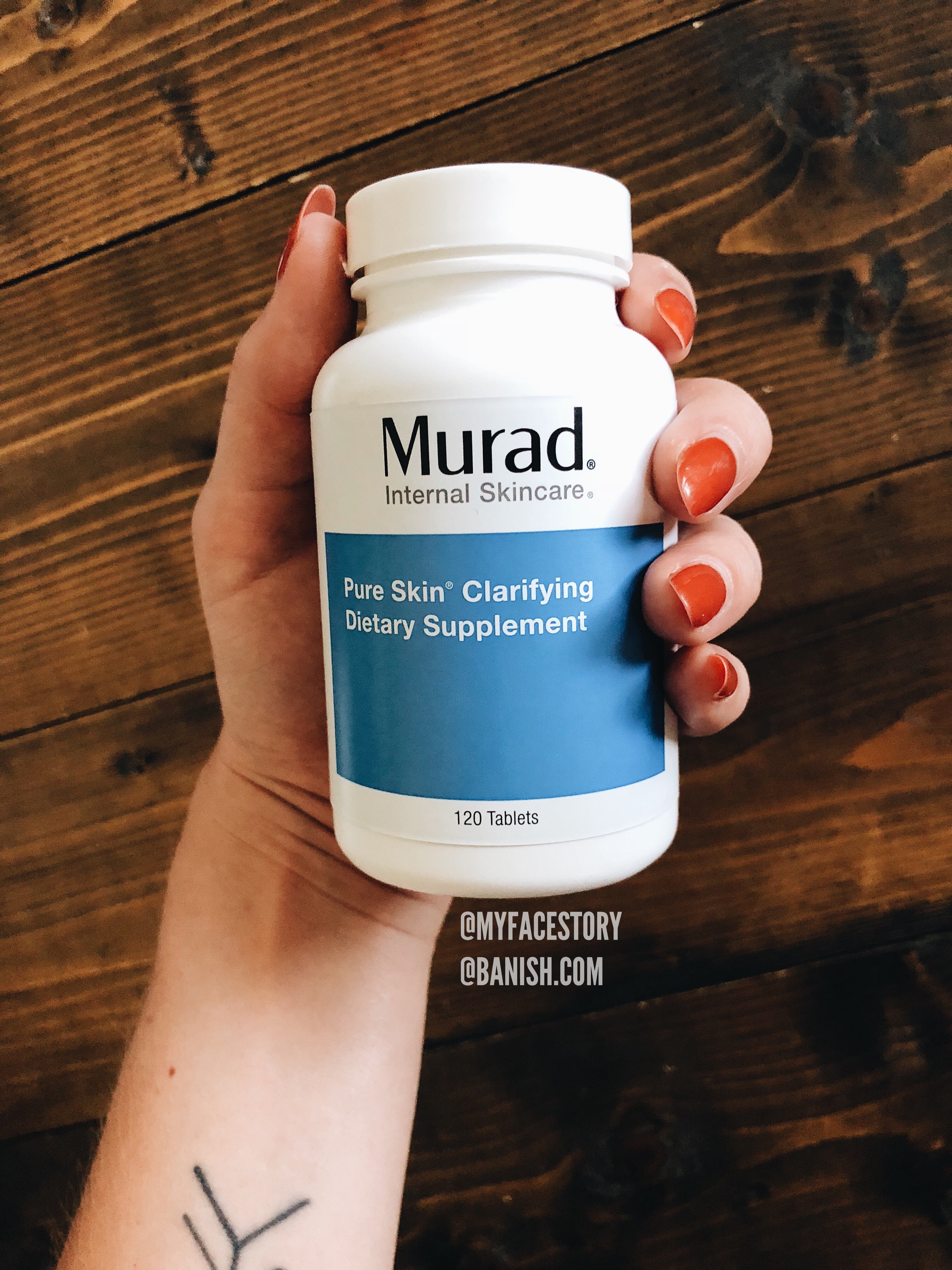
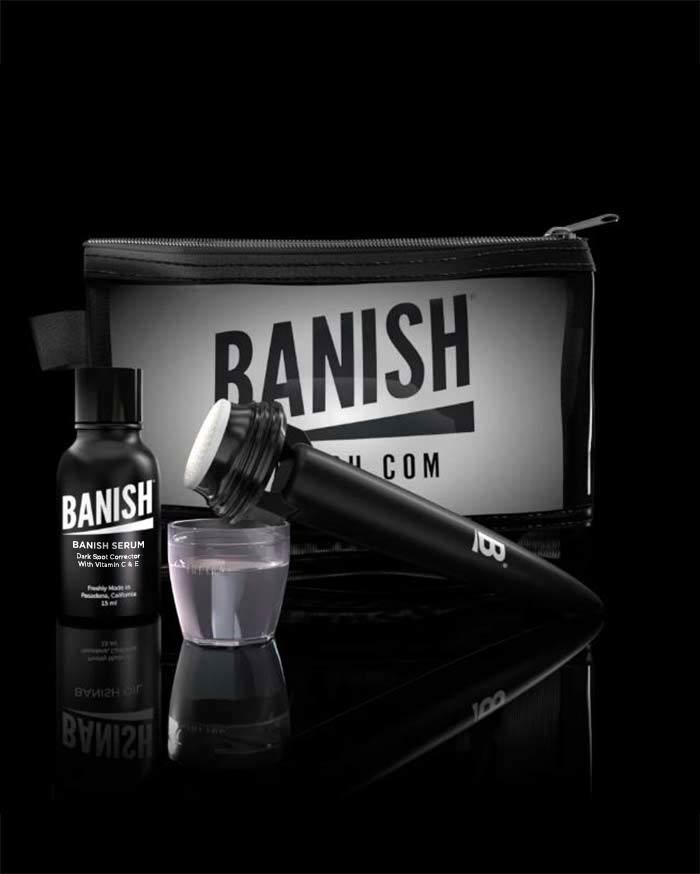
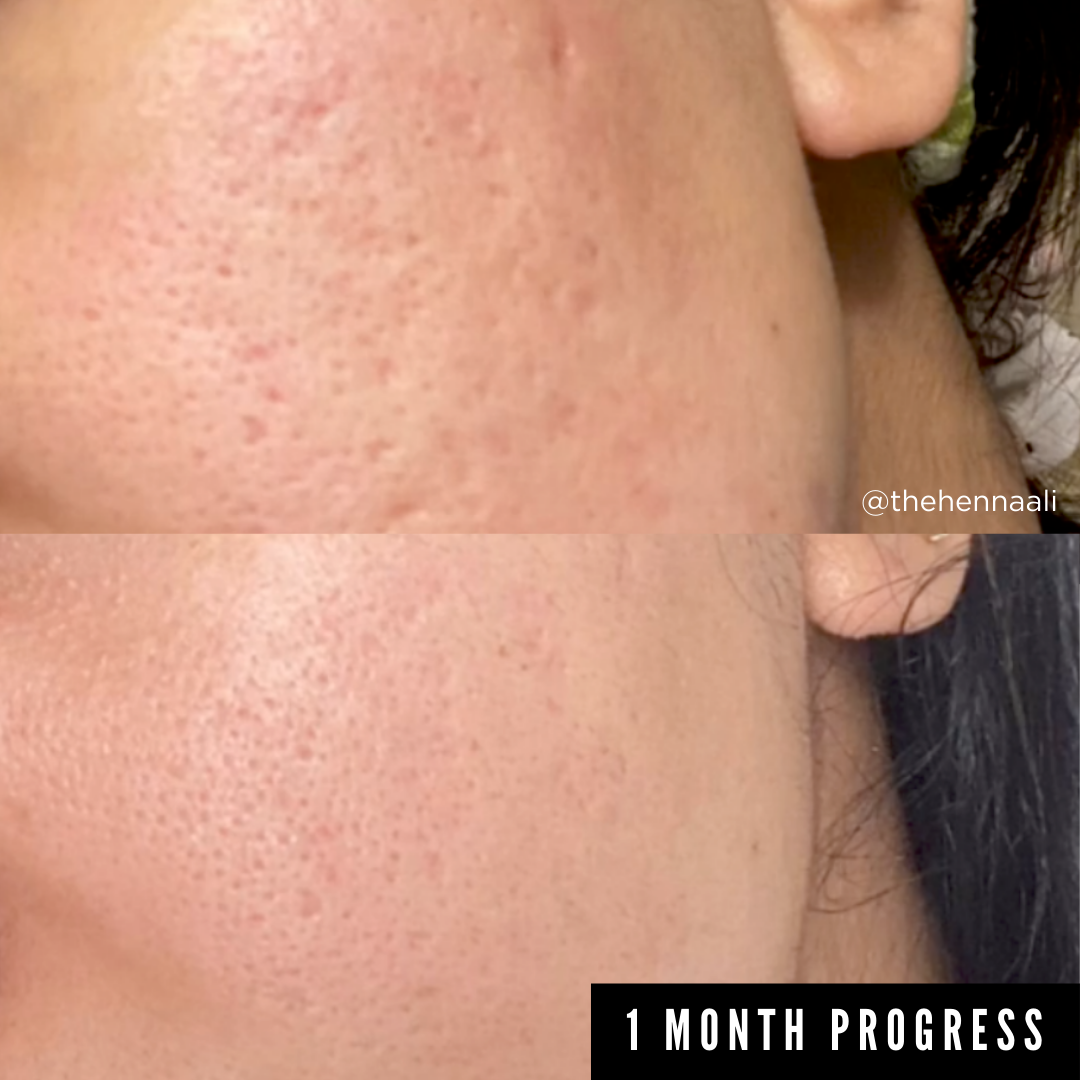
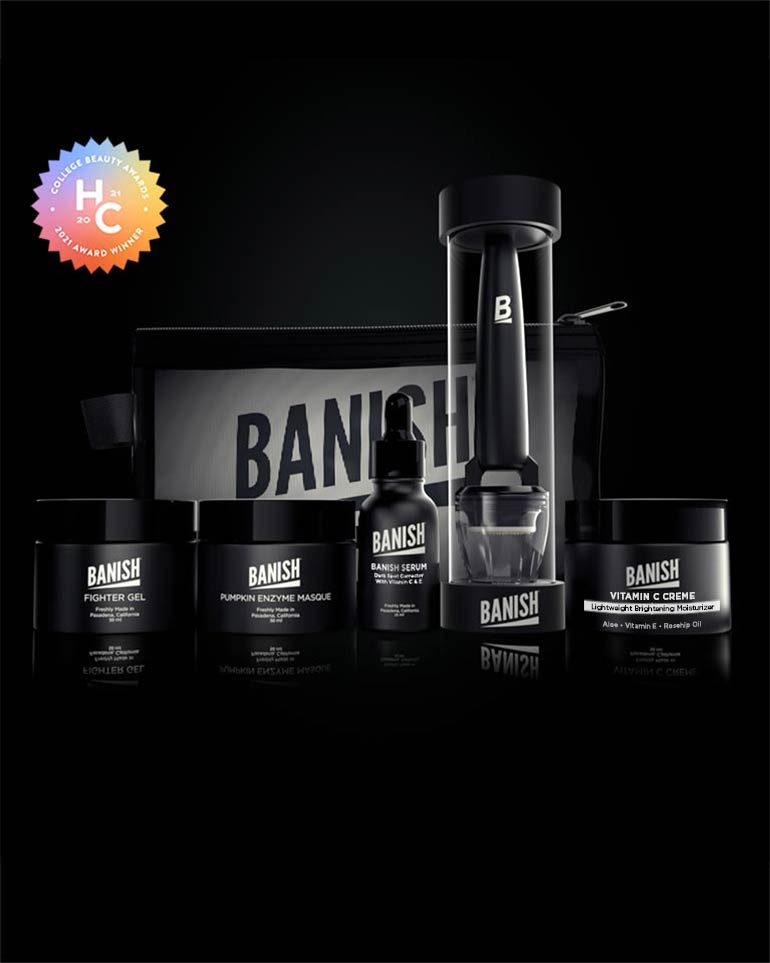
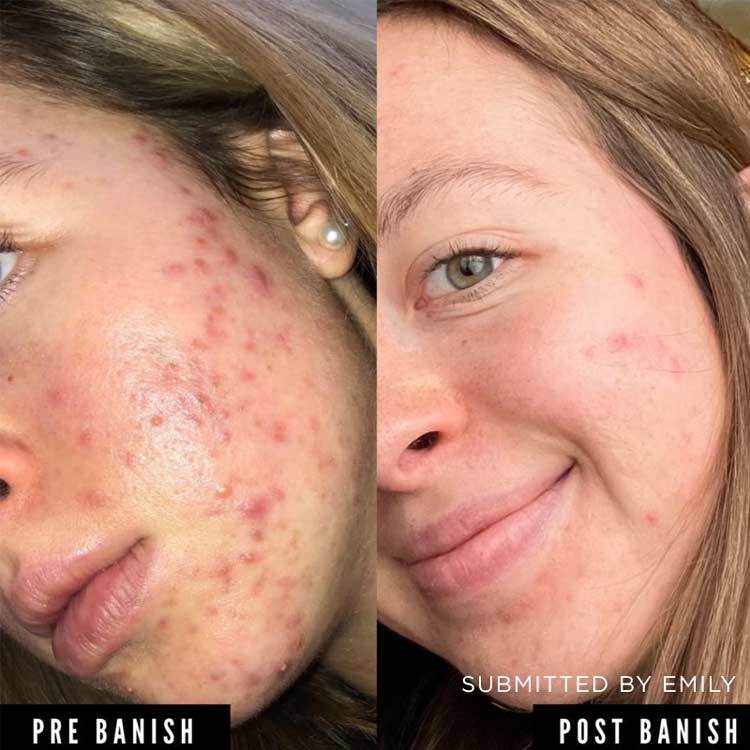
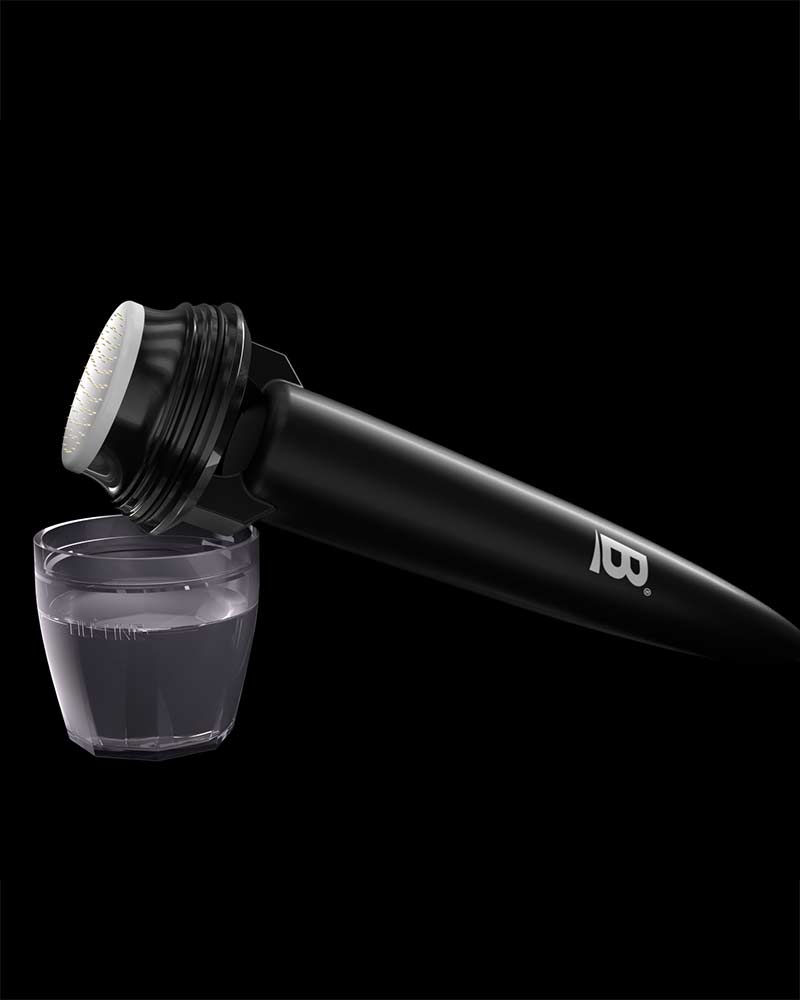
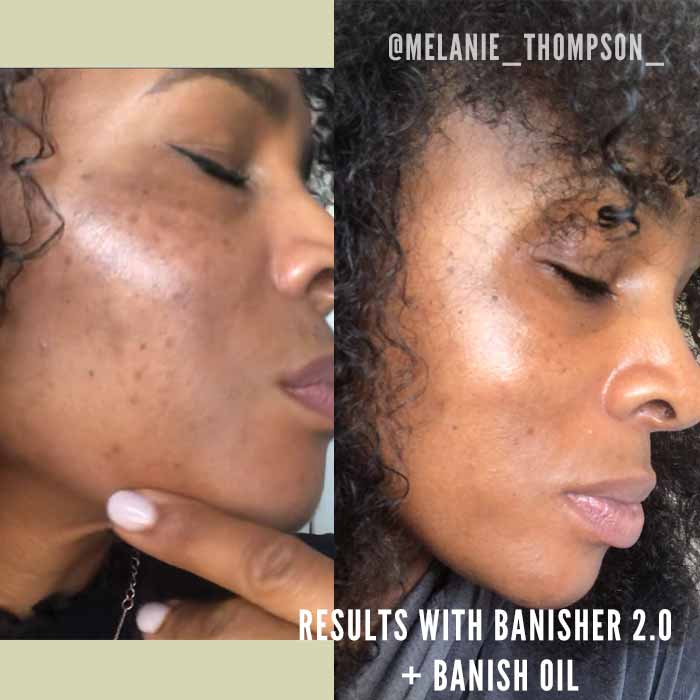
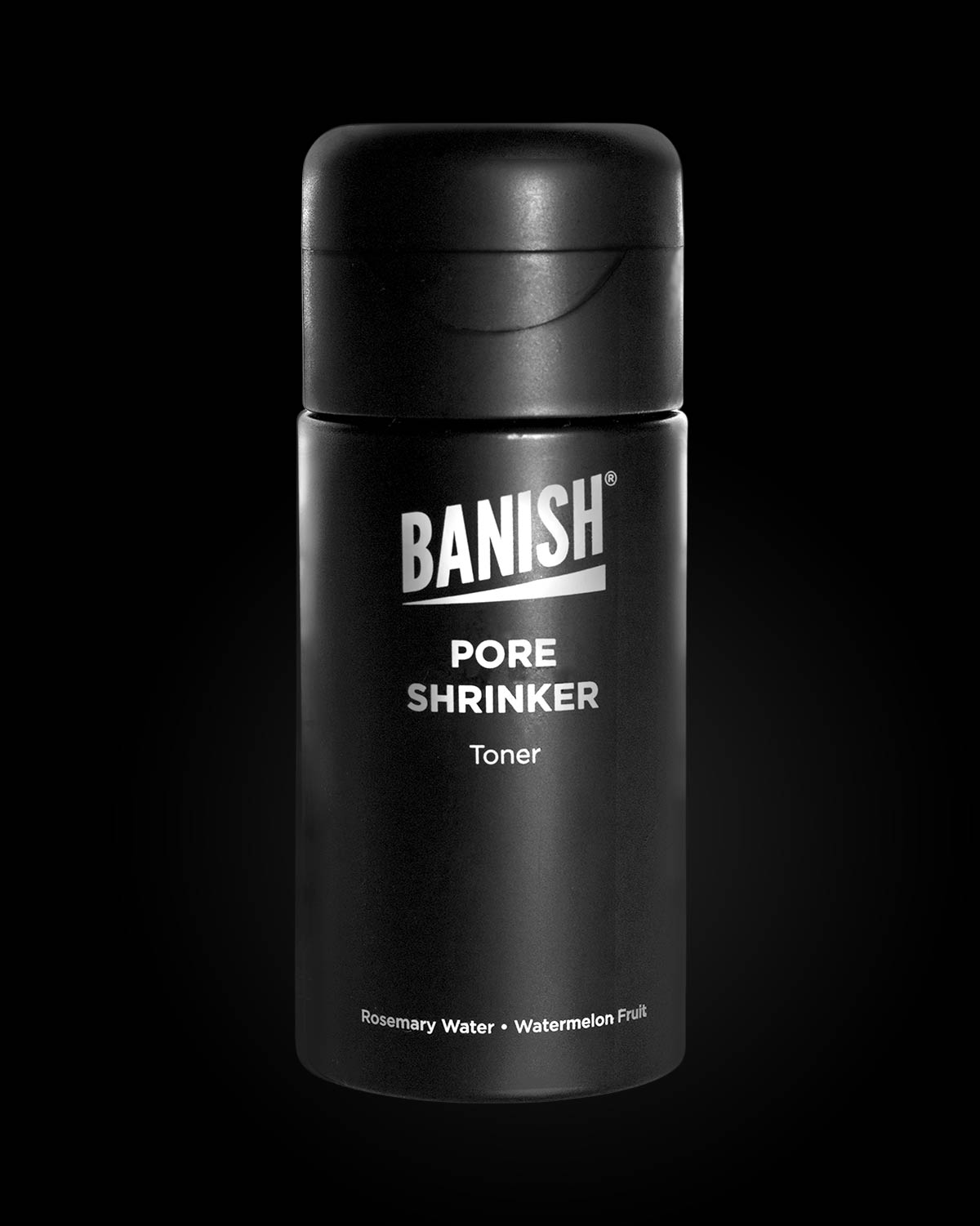
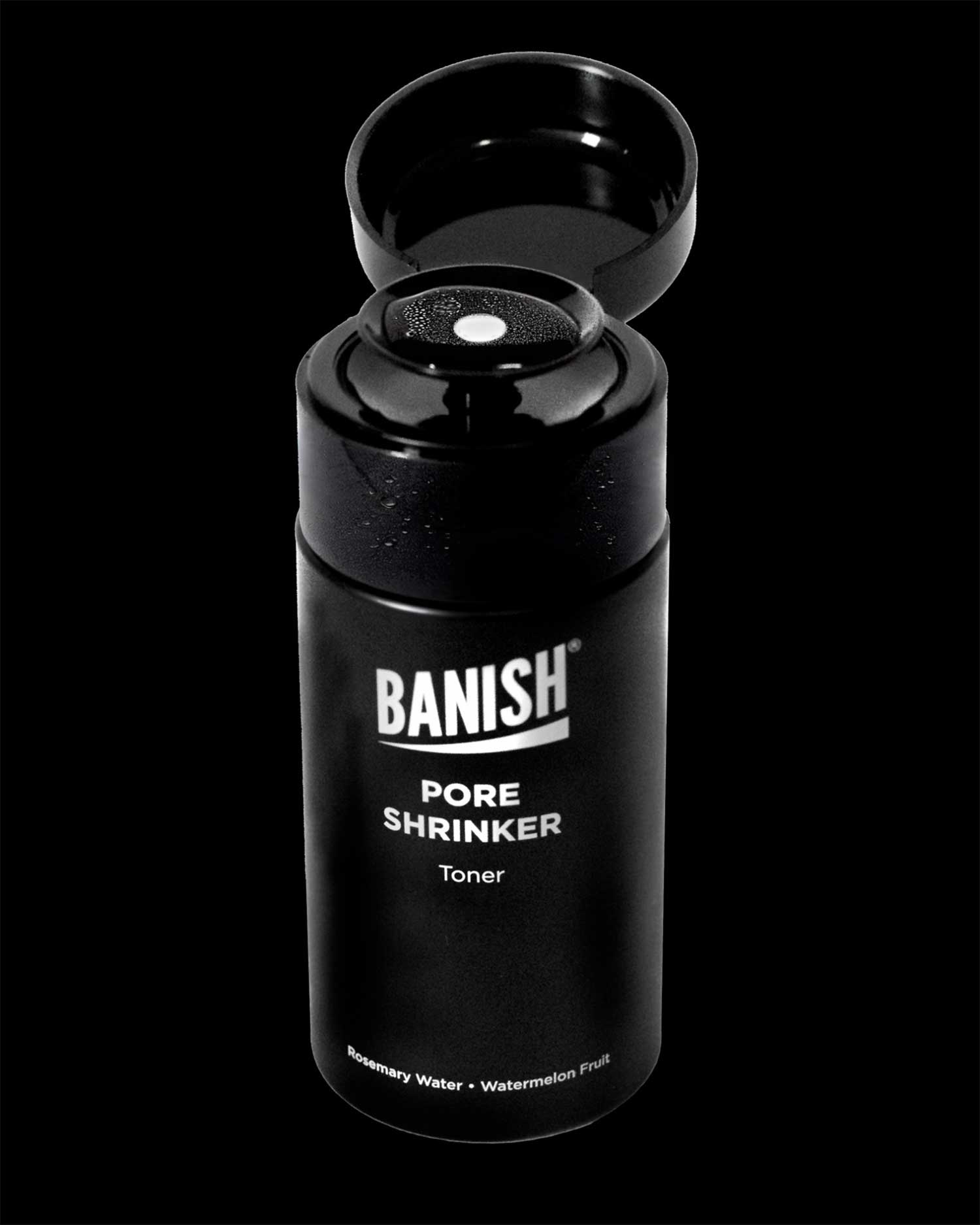


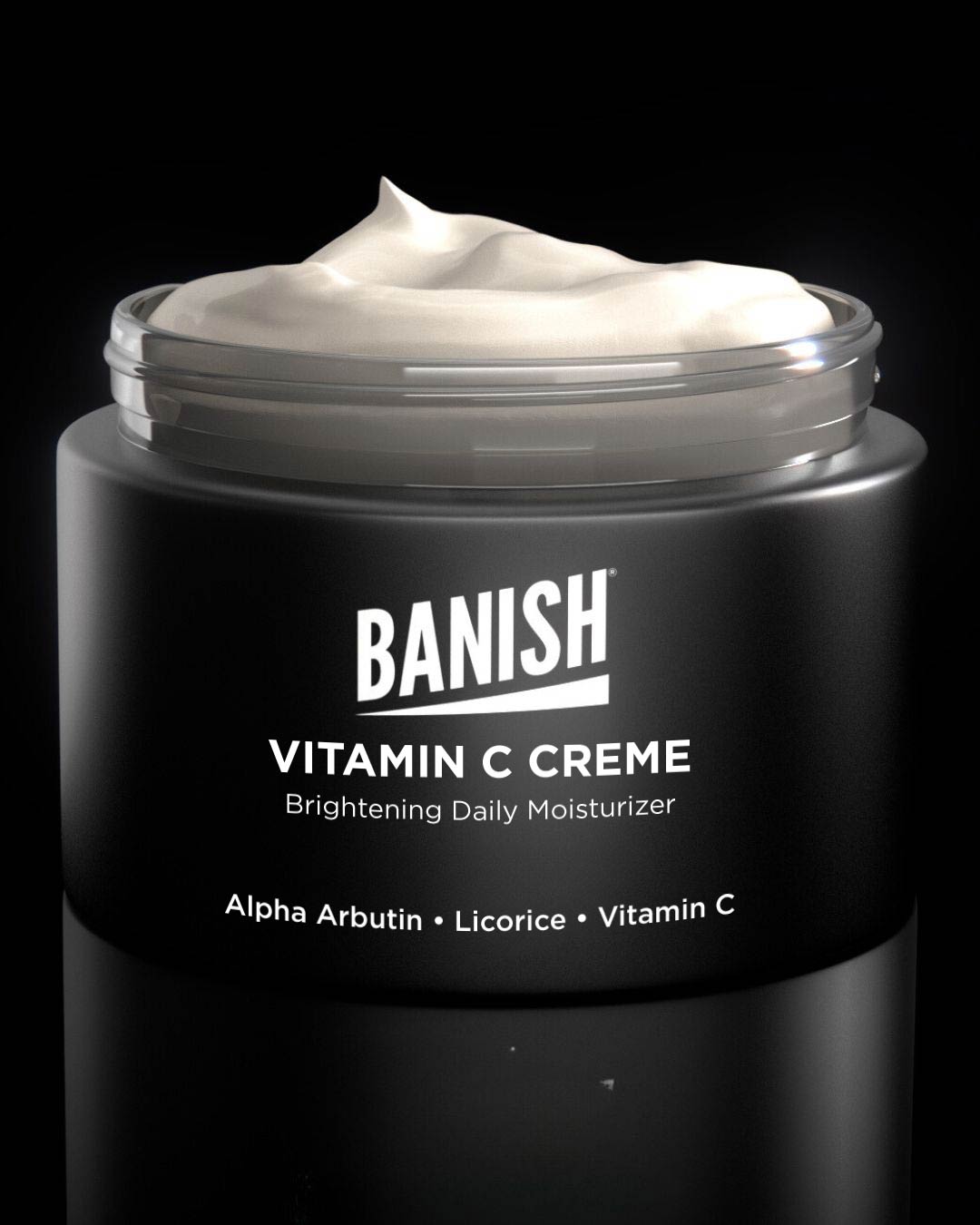
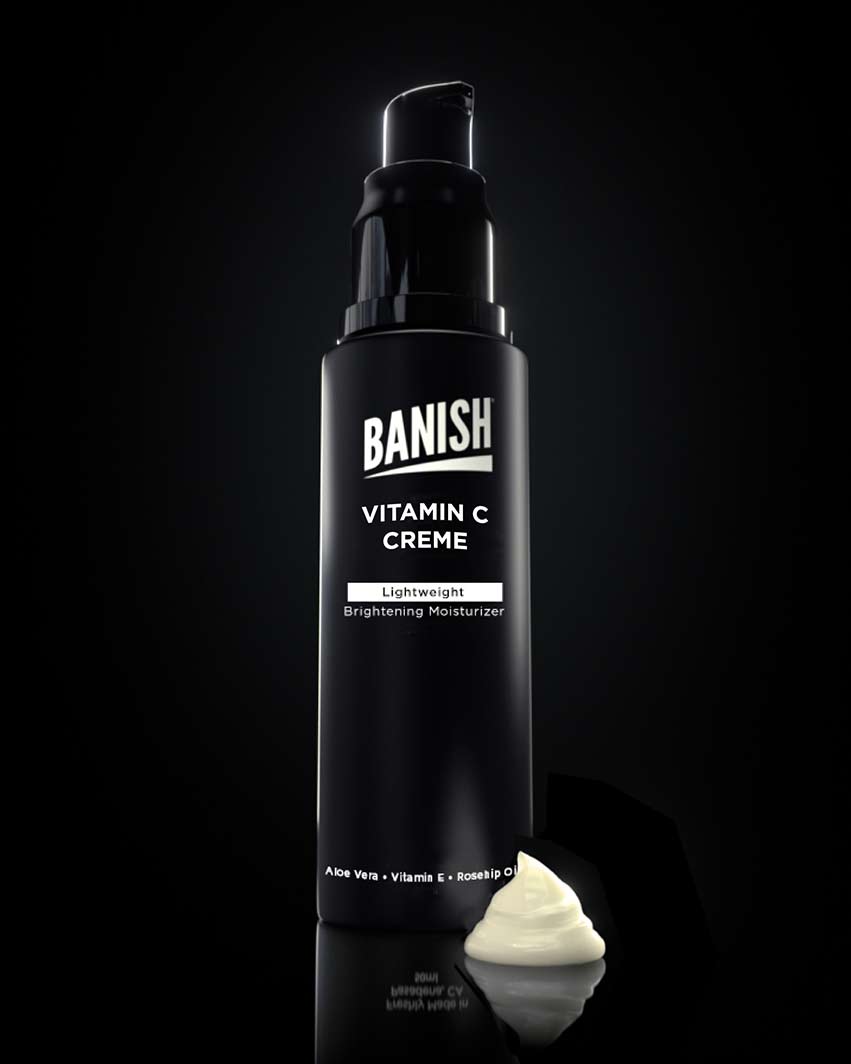
Leave a comment
All comments are moderated before being published.
This site is protected by reCAPTCHA and the Google Privacy Policy and Terms of Service apply.